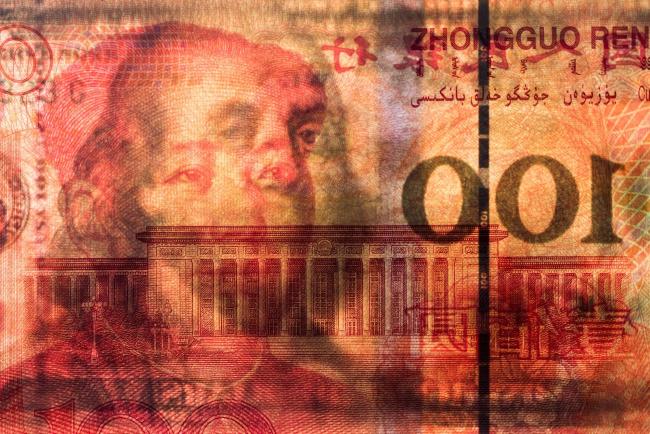Gold prices near 3-week lows as stronger dollar, trade progress weigh
(Bloomberg) -- Bank of Jinzhou Co., a regional Chinese lender whose auditors have resigned, saw its dollar-denominated debt fall after a report that the nation’s financial regulators are seeking to resolve its liquidity problems.
Officials including those from the People’s Bank of China and China Banking and Insurance Regulatory Commission recently held a meeting with financial institutions in Bank of Jinzhou’s home province of Liaoning to discuss measures to resolve the lender’s liquidity issues, Reuters reported Wednesday citing sources it didn’t identify. PBOC and Bank of Jinzhou didn’t immediately reply to Bloomberg’s requests for comment.
Bank of Jinzhou’s Hong Kong-listed shares have been suspended since April after it failed to disclose its 2018 financial statements. Auditors Ernst & Young Hua Ming LLP and Ernst & Young resigned saying there are indications that some loans to institutional customers weren’t used in ways consistent with the purposes stated in documents, Bank of Jinzhou disclosed in May.
China’s smaller lenders have been under increased scrutiny since the surprise government takeover of Baoshang Bank Co. The move led to a repricing of risk for much of China’s banking system which had long operated under an assumption that policy makers would support firms in trouble.
“We expect the regulators to step up their support if more financial institutions run into liquidity issues,” said Becky Liu, head of China macro strategy at Standard Chartered (LON:STAN) Plc, who declined to comment directly about Bank of Jinzhou. “Over time, the cost of funding between the stronger and weaker financial institutions will see further divergence.”
Bank of Jinzhou was among the lenders named by Jason Bedford, a UBS Group AG analyst, who in 2017 highlighted Baoshang’s troubles. Bank of Jinzhou is the second-most reliant on interbank financing, particularly non-bank financial institutions’ deposits, among more than 200 local banks, Bedford said when reached by phone on Thursday.
The bank’s seven negotiable certificates of deposits -- a type of funding that small banks heavily rely on -- were indicated at yields ranging from 3%-5.5%, higher than valuations of 2.8%-3.45%, according to Bloomberg data. Its dollar-denominated loss-absorbing debt instruments, known as AT1 bonds, fell on Thursday, according to credit traders.
Bank of Jinzhou’s NCDs will continue to face selling pressure until authorities reveal a plan for the lender, said Li Yunfei, an analyst at Pacific Securities Co.
Bank of Jinzhou was set up in 1997 in the northeastern province of Liaoning. It had total assets of $113 billion and total deposits of $53 billion in June 2018, according to data compiled by Bloomberg. The bank listed in Hong Kong in December 2015, and has gained about 50% since its debut.
(Updates with analyst comments from fifth paragraph.)
